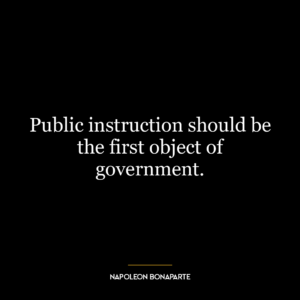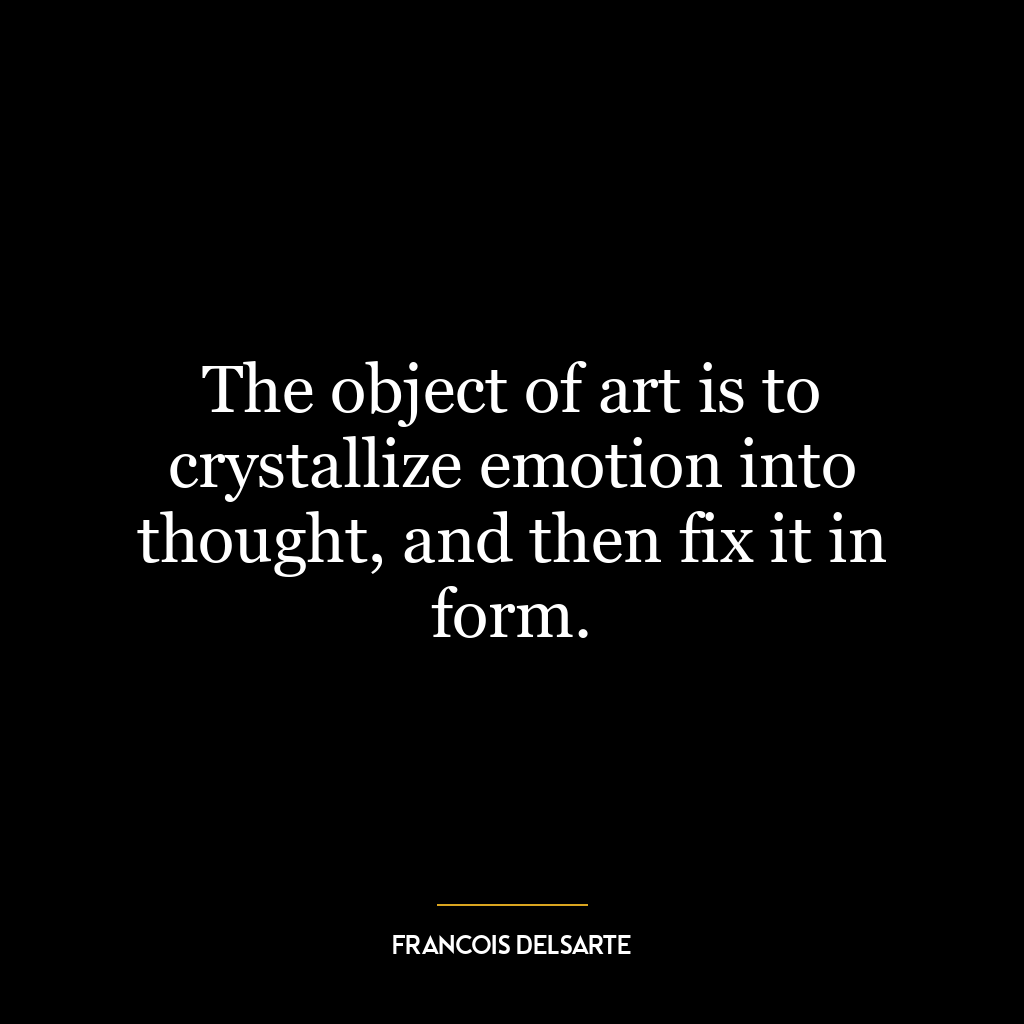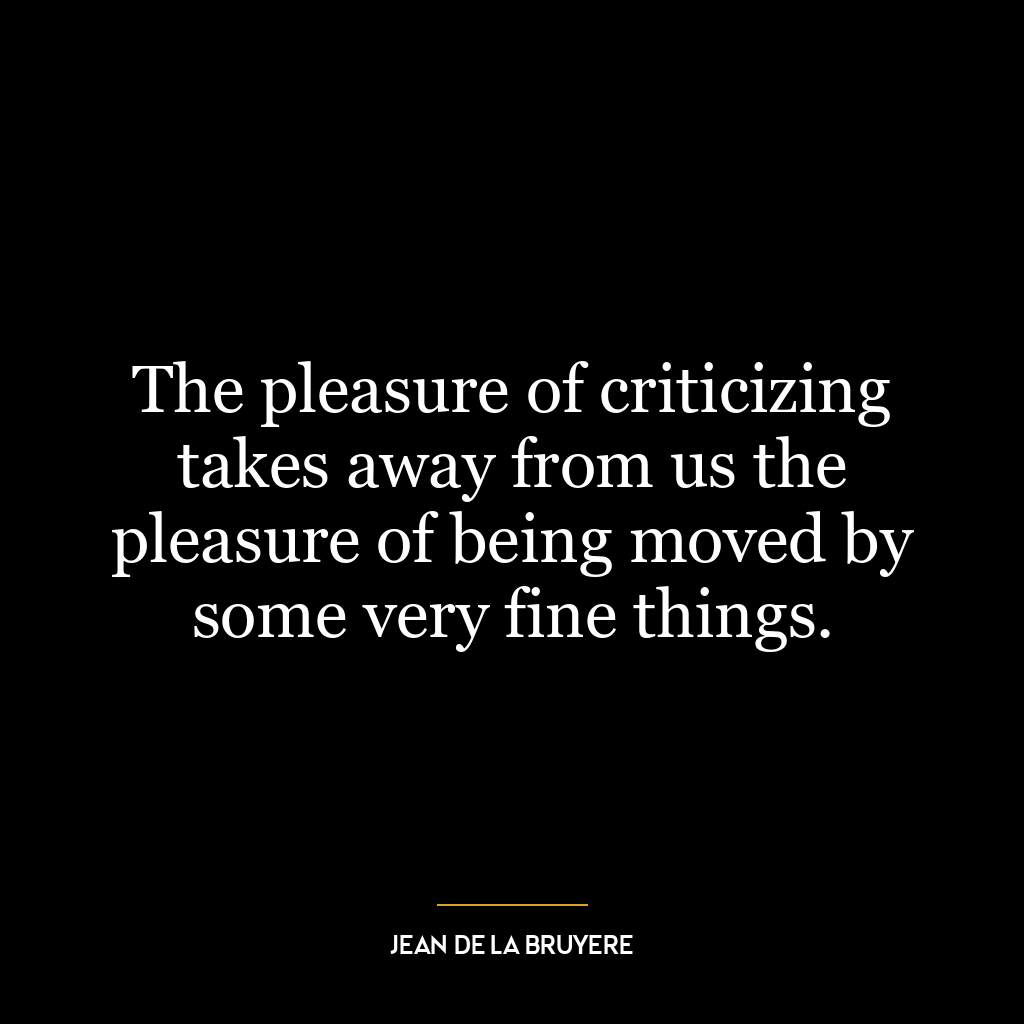This quote suggests that legislative bodies, such as parliaments, congresses, or assemblies, often act more on emotion and passion rather than logical reasoning. The nature of politics often involves heated debates and strong emotions, which can overshadow rational decision-making processes. The speaker implies that this is not an ideal situation, as the best decisions are usually made through careful, reasoned thought rather than impulsive emotional reactions.
In today’s world, this idea is still very relevant. We often see politicians making passionate speeches and taking strong stances on issues, which can sway public opinion and influence policy decisions. However, these impassioned arguments may not always be based on sound reasoning or evidence. This can lead to policies that are not effective or that do not address the root causes of the issues they are meant to solve.
This concept can also be applied to personal development. Just as a legislature should ideally make decisions based on reason rather than emotion, individuals may find that they make better decisions when they take the time to think things through logically rather than acting on impulse or emotion. This is not to say that emotions should be ignored – they are a crucial part of our human experience and can provide valuable insights. However, it is important to balance emotional responses with reasoned thought to make the best possible decisions.
In conclusion, the quote suggests a caution against letting passion override reason, both in politics and in personal decision-making. It encourages us to strive for a balance between emotion and logic in our decision-making processes.












